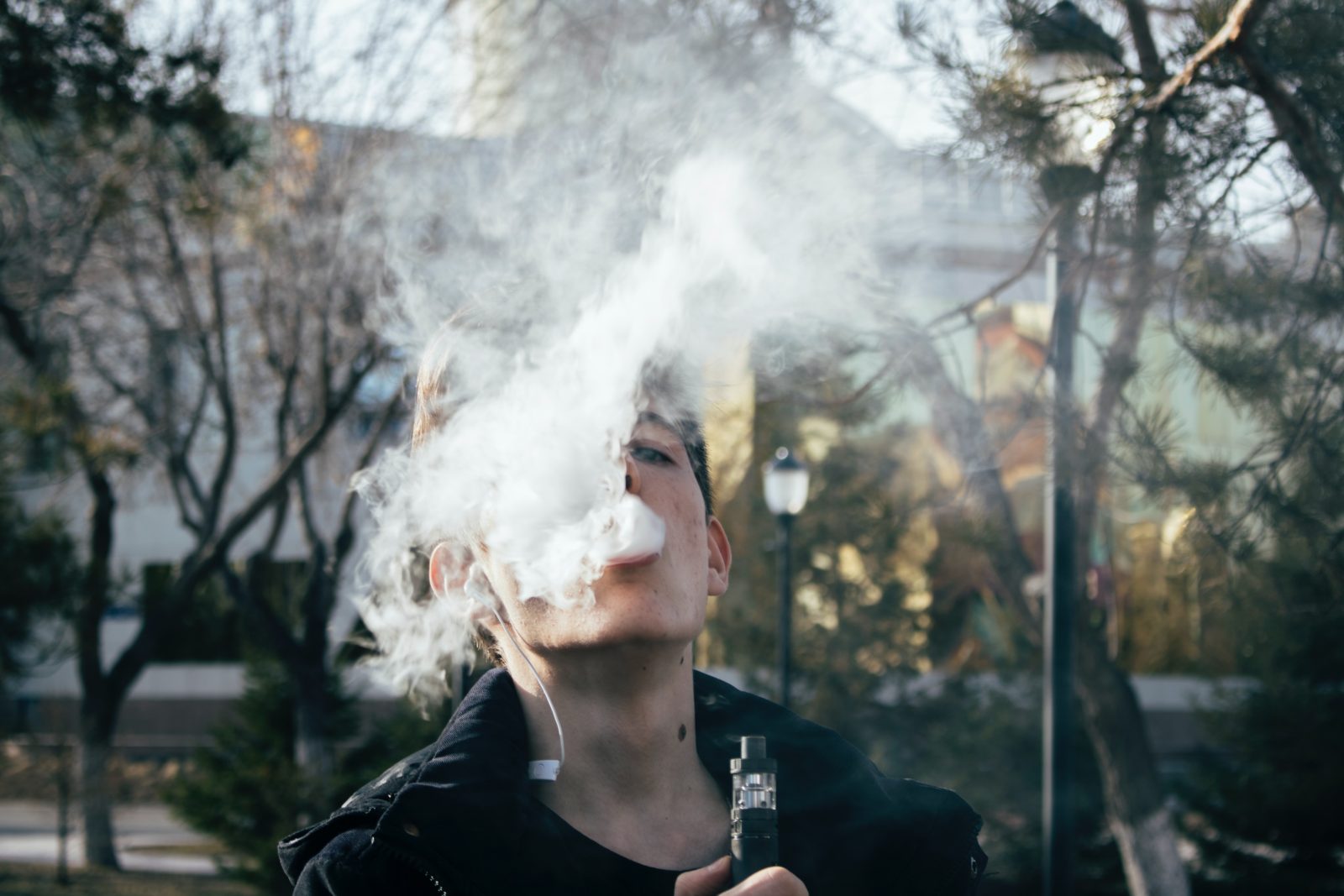On Monday, President Petr Pavel signed a new law on public health that includes a ban on heated tobacco products with flavors. The presidential office reported that the law, which introduces a mandatory European Union directive. There will be no transitional period during which sellers could sell off their stocks.
The law comes in response to increased sales of heated tobacco products within the European Union. The directive, which was introduced last June, prohibits the sale of tobacco products with characteristic flavors or containing aromas in any of their components, such as filters, papers, packaging, capsules, or any technical elements that allow for a change in the smell or taste of the tobacco products concerned or a change in the intensity of the smoke.
The ban, which already exists for cigarettes and hand-rolled tobacco, will now also apply to heated tobacco products, as reported by the State Agricultural and Food Inspection in March. The directive must be approved by July of this year.
Several types of tobacco-heating devices are available on the Czech market. Imperial Brands sells the Pulze device, while British American Tobacco (BAT) has its glo product. The company reported in its 2021 annual report that sales of Neosticks for glo devices increased by 424 percent. Philip Morris CR sells the Iqos device on the domestic market. It reports that there were 530,000 adult users of their device in the Czech Republic last year, and roughly 350,000 of them quit smoking traditional cigarettes.
According to a survey by Ipsos this year, 16 percent of users would return to traditional cigarettes in the event of a flavor ban. Antonín Berdych, a spokesman for the Chamber of Electronic Vaping (KEVAP), has also warned in the past that the flavor ban could lead people to create their own fillings from freely available products. “Improper handling or uncontrolled products also bring health risks with them,” he added.
The bill banning flavors in heated tobacco products was added by MPs to an amendment to the law on public health. The amendment regulates, among other things, the age range for paid voluntary vaccination of girls and boys against human papillomavirus (HPV) at ages 11 to 15. In the case of the vaccine against meningococcal disease, children aged between 14 and 16 will be able to receive it free of charge.
The amendment also abolishes the so-called food card, which is currently mandatory for people working in the food industry.
The second amendment to the law, signed by the president on Monday, will allow companies convicted of insurance fraud to compete in public tenders. The proposal, according to the former Minister for Local Development Ivan Bartoš (Pirates), reflects the European Commission’s position from November 2019 and also includes administrative simplification.
The government explained that the factual basis of this act is comparable to a credit or subsidy fraud and that it is in the public interest to prevent suppliers convicted of this crime from participating in the tendering process.
Selected sub-limit suppliers will also have to prove by a sworn declaration that they are eligible and have not been convicted of offenses specified by law. Bartoš said last fall that the law regulates the obligation to prove qualification so that companies forming conglomerates cannot evade criminal liability.





